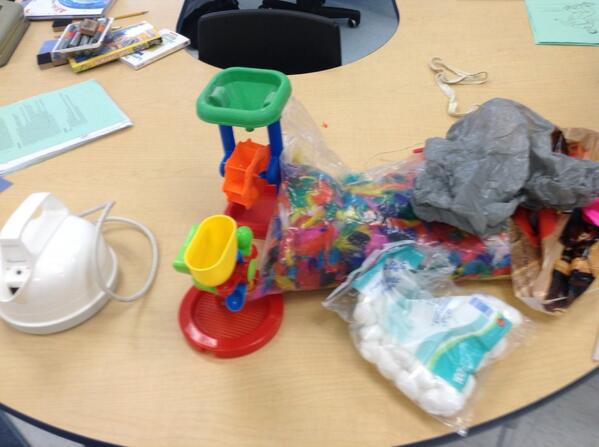Here are some things I have learned (I appologize if some may seem like duh moments):
1) primary students take longer to do work. I know this may not be shocking news but I don't think I was quite ready for this. I mean I prepared myself and I wrote plans to reflect this but it really didn't truly understand. Now this actually was a big blessing in disguise. It taught me the importance of going deeper and slower. Because of this my students and I worked through constructing sentences, writing paragraphs, indepth inquiry projects. Math concepts were developed at the students pace. This feeling is a lot different then junior or even intermediate where the need and rush to fit all the dense curriculum is a lot of pressure.
2) teaching primary has allowed me to focus on inquiry and really developing a inquiry model in the classroom. As I mentions above students work at a slower pace but that doesn't mean they cannot do wonderful things. In fact it's a lot easie because they still have this curious engagement in all topics. Some how this is lost on their way to junior and I think we need to bring it back. Inquiry has always been a big part of my teaching but this year I have really tried to allow the students to be a big part of the project design and questions. I have been using provocations, students I wonder statements and trying to flip projects inside out so that we start with a question and develop our understanding through that question. This is still a big work in progress so stay tuned.
3) even though they are young they are ready to be independent. One of the biggest pet peves of many junior teachers is that the students don't seem to be ready to be independant. They rely on the teacher for answers, not patient with problem solving or just are not ready for success. I was also told by some that primary they cannot do certain things because they are young or small. Well I wanted something different and have tried to push these skills in grade two in hopes that they are ready for these junior years. Guess what they can do it. It took a lot of work and building with students but they are so capable of doing so much.
4) I think that all grades should have a primary mindset. Now I know that this gets harder as kids get older but the inquisitive spirit of a primary child is remarkable. It's this spirit that we should be harnessing and using to teach our curriculum not the curriculum to teach our students. Now don't get me wrong, curriculum is still important and it's a great guide but that is all. We need to have more inquiry, where students are able to explore and develop understanding. By following this model I actually finished my curriculum ahead of the year and found that I had to give more challenges because the students needed it. If only all grades taught or allowed this to happen, think of the possibilities.
5) I actually like teaching primary, shhh!! I might ruin my image but it's been a lot of fun. The kids are great, they have come so far and it truly has been a lot of fun.
From this learning I have thought of three areas to work on next year:
1) more inquiry
2) more reflections and online portfolios
3) more parent connections and celebrations
What has been the best part of your year? What learning have you done? Love to hear it.






